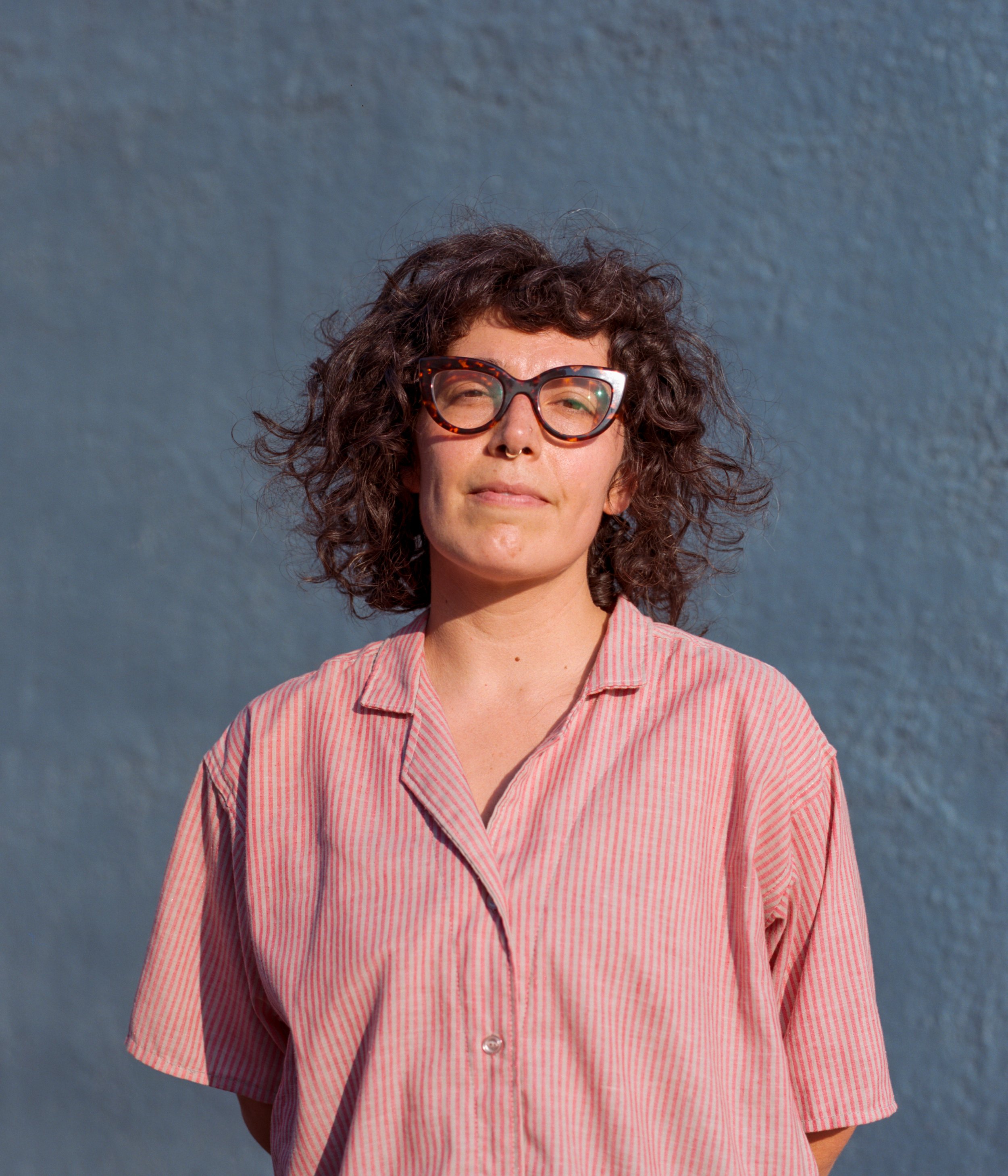About
Emily Snow is a certified menopause doula and registered nurse. With a bachelors in Anthropology from Chapel Hill and a bachelors in nursing from the University of Maryland, centering human experience and connection have always been the focus of her interests and preparation.
After receiving a diagnosis of diminished ovarian reserve in 2019, Emily was sent on an emotional rollercoaster of testing and doctor appointments, none of which discussed the implications of, or processes of premature menopause. Every medical interaction was centered around the struggles of infertility with the diagnosis. After having a child in 2021 in the midst of the pandemic, Emily experienced a myriad of symptoms that were debilitating, but not definitive due to the hormonal changes in breastfeeding. Four months after weaning, two and a half years postpartum, her hormone labs were in the postmenopausal range, and she was diagnosed with Primary Ovarian Failure.
How I got here…
Even as a nurse who was used to advocating for patients, with a diagnosis presuming potential early menopause it took a year and a half to get diagnosed and receive treatment. I do not blame my midwives, but rather the preparation given to medical professionals regarding menopause on a whole. To experience postpartum immediately followed by perimenopause, I was blindsided to say the least. I lost my sense of self as a new mother, my body foreign in its shapeshifting, lack of rhythm and foreign, somatic misfirings. My body never recovered in the way I knew it for the twenty three years prior. I had entered a new hormonal milestone.
For me, hormone replacement therapy was a game changer. While I slowly titrated up on my dosage, I employed multiple therapeutic modalities for this transitory phase–an intuitive acupuncturist and a pelvic floor therapist for starters. I saw a clinical therapist as well, who helped me process the grief and loss inherent in having to let go of my ability to have children earlier than was expected. The way in which I moved in the world felt different–the values society places on the female body no longer applied, that negative space filled with shame and sadness initially.
I changed the way I moved my body and approached the idea of “exercise”, as well as my diet. I stopped drinking. None of this is fixed and it didn’t happen all at once. I do my best to be present in my body and devise what it needs (for instance, twenty minutes with my eyes closed and lots of water instead of a second caffeinated beverage after a night awake with my toddler).
It feels like meditation in that it’s not perfect nor is that the goal–it is the ever growing practice of showing up for myself and my loved ones. The farther I get from my diagnosis the better I feel about aging. While I was in the thick of it I desperately wished for a community who could relate to what I was going through. Once I felt more “myself”, I decided to become certified as a menopause doula, so that I could build that community and impart knowledge to people who menstruate before they are befuddled with peri/menopause symptoms. Eventually I would like to change the way we introduce menstruation to children, expanding on the entire hormonal timeline, inviting them to engage with their bodies and support its phases. To become fluent and empowered by their own bodies rhythms.



